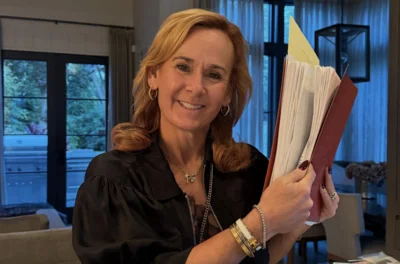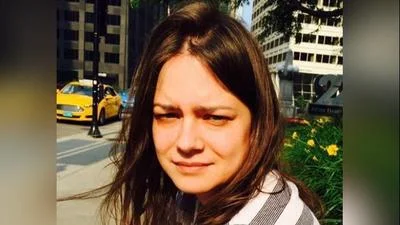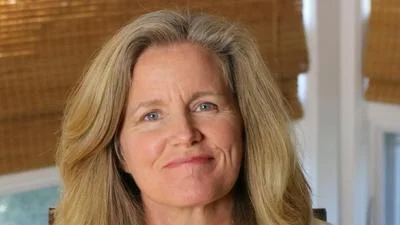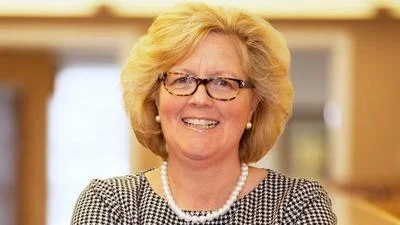Critics are coming out to highlight the Downers Grove Library Board’s change to its Land Acknowledgment statement criticizing the “Catholic and other Christian churches.”
The Land Statement is read before each meeting of the Downers Grove Library Board.
“As a Catholic and person of native descent (Ojibwe) I find this accusation reprehensible, and particularly troubling that it came from a taxpayer supported institution,” Darien resident Noel Manley said in an email to the DuPage Policy Journal.
“You will note that library provides no historical support, citation or justification for this accusation, only the implication of genocide. Our group is working to raise awareness of this issue, as well as to get the Library Board to remove this misleading and slanderous language from the acknowledgement.”
The part of the Land Statement that has been changed can be read below:
“This legislation ushered in an era of boarding schools, institutions created to destroy and vilify Native language, culture, and practices. The federal government and officials from Catholic and other Christian churches coerced Native families into sending their children to live and attend classes at boarding schools without visitation.”

Manley addressed the issue at the Downers Grove Library Board’s last meeting, held on Sept. 27 calling the addition another instance of the “long and sad tradition of anti-Catholicism that predates the founding of our nation.”
“Sadly, we are faced again with a politically motivated library staff who is pushing an anti-Catholic narrative to advance a far-left agenda with tax-payer funds,” Manley said.
“This statement is intellectually dishonest and follows an established Marxist pattern of applying a broad negative generalization to a group of people designed to belittle and destroy their standing in the eyes of the community. All you have to do is look at recent history to validate this point.”
“The purges of political opponents and kulaks in Soviet Russia by Josef Stalin, Mao’s Cultural Revolution, Pol Pot’s killing fields and the Holocaust are clear examples of where state supported bias can lead. And to note that this board voted unanimously to support this statement, with the exception of Mr. Nienburg who was not in attendance in August. So I respectfully request that this statement either (1) be removed from this land acknowledgement, or (2) the acknowledgment provide clear unambiguous examples of those they allege to have committed these acts.”
Manley also highlighted the positive impact of “Catholic Official” Father Frederic Baraga, an immigrant priest, who authored essential works to protect and propagate the Ojibwe language in the 1850s.
Last year Manley also expressed disdain over the Land Statment displacing the Pledge of Allegiance.
He criticized the board’s choice, stating that it is a “shameful disgrace” to make a statement about Native people while omitting the Pledge of Allegiance, calling on the board to address the issue and recognize the diversity and complexity of Native cultures.
The move towards such Land Statements has been picking up in public bodies in Illinois.
The DGPL’s indigenous peoples’ statement is similar to River Forest’s “land statement.” River Forest Trustee Erika Bachner reads a “land statement” before each meeting. She and other board members opted to allow the meeting to start with the Indigenous people’s statement rather than the Pledge of Allegiance before each meeting even though the statement appears to some as significantly flawed, West Cook News reported.





 Alerts Sign-up
Alerts Sign-up